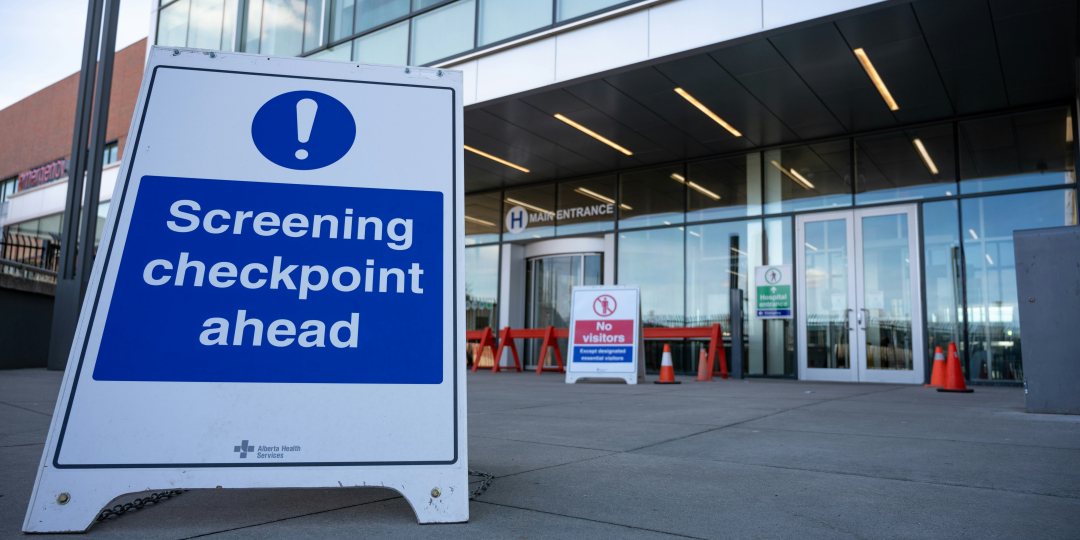Rwanda has recorded several cases of Marburg Disease, a deadly haemorrhagic fever, prompting other countries to begin issuing travel alerts.
Rwanda reported that, as of October 8, the country had recorded 56 cases and 12 deaths. The majority of those infected were healthcare workers.
According to the WHO, Marburg Disease is a viral fever with a fatality rate of around 50%, but has been known to reach 80% in past outbreaks.
Marburg Disease is clinically similar to Ebola. It causes high fevers, severe headaches, muscle aches, diarrhoea, abdominal pain, nausea and vomiting. Extreme blood loss and shock can cause fatalities usually eight to nine days after the onset of symptoms. The disease is highly contagious and transmitted through bodily fluids and contact with contaminated surface areas.
The US Center for Disease Control has advised against all but essential travel to Rwanda and will begin screening travellers arriving from the country.
Russia and Kazakhstan are also among those implementing screening measures at airports.
The Kenyan Ministry of Health has issued a high alert in response to the outbreak, increasing surveillance at entry points from Rwanda.
Uganda has also activated readiness and response plans, according to The Independent, increasing surveillance at airports and border crossings with Rwanda.
Rwanda has begun screening passengers at Kigali International Airport to prevent the export of the virus, according to Health Minister, Dr Sabin Nsanzimana. As reported by AllAfrica, thermal cameras have been placed at points of entry and officials are screening passengers for symptoms of the disease.
The Africa CDC has responded to the implementation of travel restrictions, urging countries to refrain from creating travel bans or movement restrictions targeting African countries.
“Such measures are inconsistent with international health guidelines and risk undermining public health responses, deepening economic challenges, and reigniting the inequities and mistrust that surfaced during the COVID-19 pandemic, particularly between the Global North and the Global South,” the organisation said.
The Africa CDC continued: “These measures have proven counterproductive in the past, serving only to foster public anxiety and disrupt mobility. It is recommended that a focus on stronger surveillance, early detection, case management and targeted vaccination be used in place of travel restrictions.”














